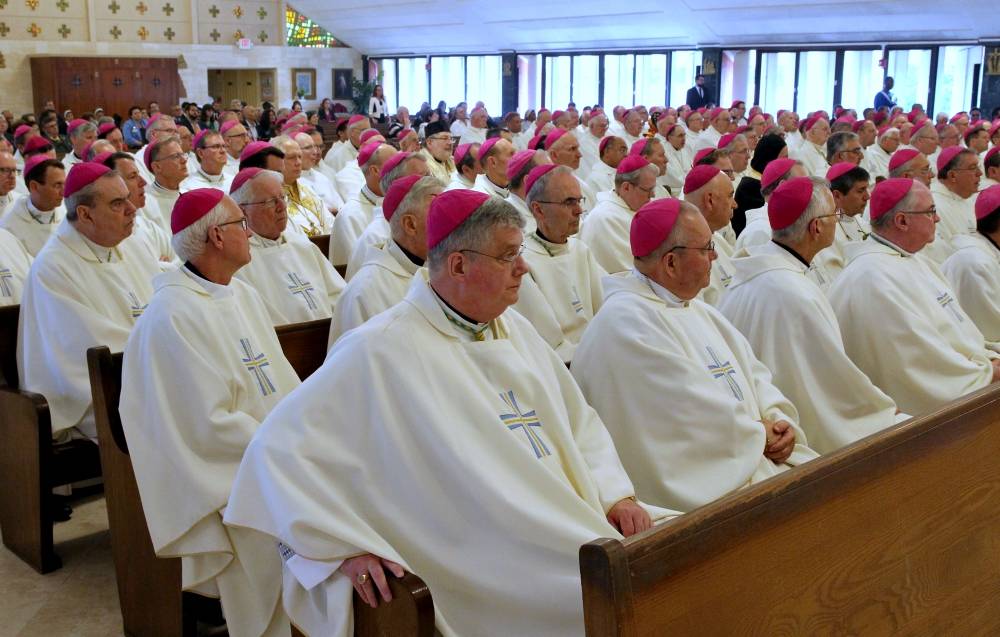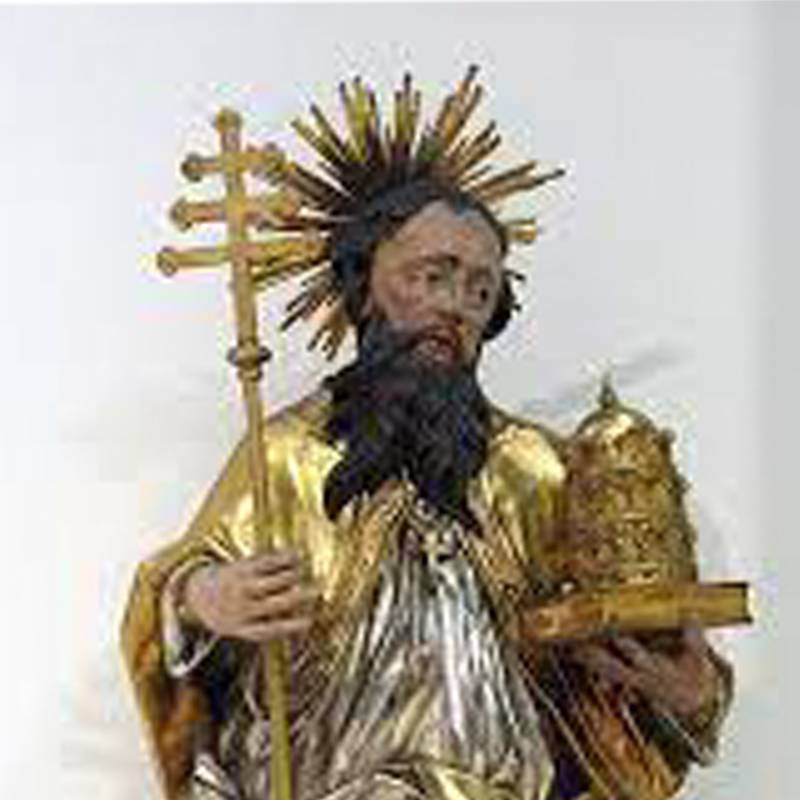THE LIFE AND LEGACY OF ST. LINUS: SECOND POPE OF THE
CATHOLIC CHURCH
St. Linus was the second pope of the Catholic Church, succeeding St. Peter as Bishop of Rome. His pontificate is believed to have lasted from around 67-76 AD, although the exact dates are uncertain. Not much is known about St. Linus' early life, but according to tradition, he was born in Tuscany, Italy.
St. Linus was one of the earliest disciples of St. Peter and
served as his assistant in Rome. After Peter's martyrdom, the early Christian
community in Rome chose Linus to succeed him as Bishop of Rome. St. Irenaeus, a
2nd century bishop and theologian, wrote that "after the holy Apostles
(Peter and Paul) had founded and set the Church in order (in Rome), they gave
over the exercise of the episcopal office to Linus."
St. Linus is also believed to have divided Rome into several ecclesiastical districts, or parishes, which were overseen by bishops. This was an important step in the organization and administration of the early Church. St. Linus' efforts to organize and strengthen the Church in Rome laid the foundation for the papacy's central role in the governance of the Church.




No comments yet
Be the first to share your thoughts!